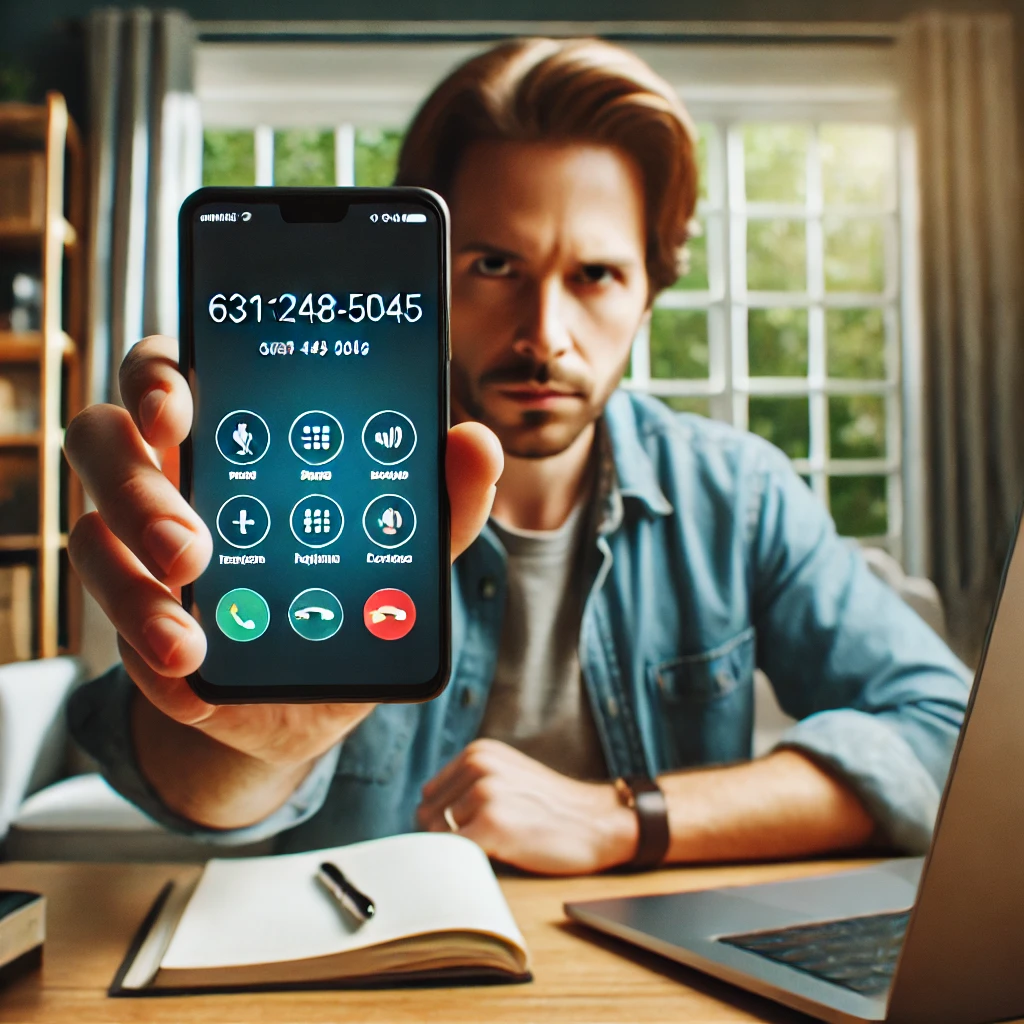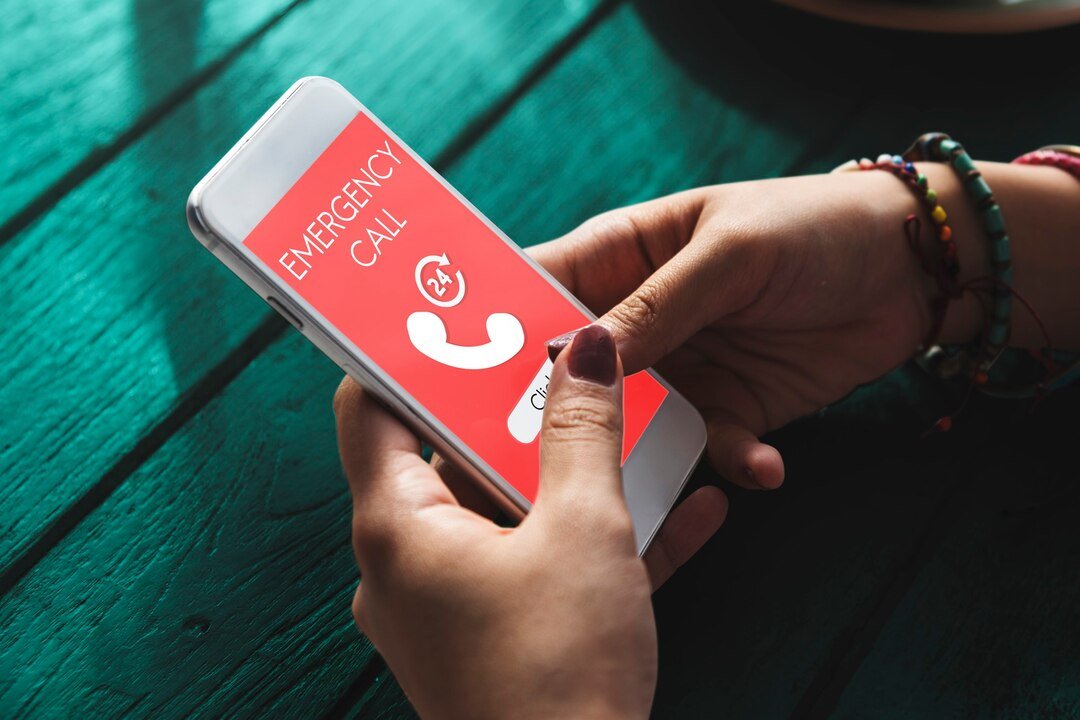In today’s digitally connected world, receiving unknown calls is almost a daily occurrence. One number that’s caught widespread attention is 631-248-5045. Many people report this number as suspicious, annoying, or downright fraudulent. But what exactly is going on? In this guide, we’ll dig deep into what you need to know about this number, why you’re getting these calls, and how to protect yourself.
Introduction to Spam and Scam Calls
Spam calls are unsolicited calls that typically try to sell you something, scam you, or collect your personal information. With the rise of digital communications and easy access to contact databases, spam and scam calls have surged. According to the Federal Trade Commission, billions of robocalls are placed each year, many of them illegal.
Overview of 631-248-5045
Let’s dive into the suspicious number: 631-248-5045.
- Area Code: 631 is assigned to Suffolk County, New York.
- Call Pattern: Often reported as calling multiple times a day.
- Reported Behavior: Silence upon answering, aggressive sales tactics, or robotic voices.
Online forums, including WhoCallsMe and 800Notes, have hundreds of users labeling this number as a scam.
Why You Might Be Receiving These Calls
Here are a few reasons your phone might be ringing off the hook:
- Robocallers using auto-dialing software target thousands of numbers at once.
- Phishing attempts aim to trick you into revealing personal details.
- Data breaches have leaked millions of phone numbers, now floating on dark web lists.
- Telemarketing lists are often sold or shared without your knowledge.
Common Scams Associated With Spam Numbers
Numbers like 631-248-5045 are often used in various schemes:
- Government impersonation (e.g., IRS or Social Security threats)
- Tech support scams asking for remote access to your device
- Loan scams promising quick cash for a “processing fee”
- Lottery and prize scams—you’ve won, but you must “verify” details first
User Experiences and Complaints
People from across the U.S. have shared their stories:
- “I answered and heard silence, then a robot said I owed money.”
- “They called five times in two days. No voicemail.”
- “Asked for my bank details to ‘verify a purchase’—huge red flag.”
These experiences show a pattern of aggressive and deceptive behavior.
Legal Perspective on Spam Calls
The FCC and FTC both enforce laws against illegal robocalls. The Telephone Consumer Protection Act (TCPA) restricts telemarketing calls, and violators can face heavy fines. Consumers are encouraged to report such numbers.
How to Block 631-248-5045 on Any Device
Here’s how you can stop the noise:
- Android: Open Phone App → Recent Calls → Tap Number → Block/Report Spam
- iPhone: Tap “i” next to the number → Scroll down → Block Caller
- Landlines: Use your provider’s call-blocking services or install a blocker device
Using Apps to Filter and Detect Spam Calls
Some of the top-rated call blocker apps include:
| App Name | Features | Platform |
|---|---|---|
| Hiya | Caller ID, spam filter | iOS, Android |
| Truecaller | Community-based spam detection | iOS, Android |
| RoboKiller | Answer bots, block lists | iOS, Android |
How to Report Spam Numbers
Here are ways to report:
- FTC Complaint Assistant: reportfraud.ftc.gov
- Your Phone Carrier: Most allow you to forward spam texts or calls
- Better Business Bureau (BBB): File a formal complaint online
How Scammers Get Your Number
- Online purchases: Some retailers sell your info to marketers
- Social media: Phone numbers on profiles can be scraped
- Data breaches: Major companies have had user data leaked
Red Flags That Signal a Scam Call
- “You must act now.”
- “We need your personal/banking details.”
- “You’ve won a prize—but need to pay shipping.”
- Use of robotic voices or extreme urgency
Psychological Tricks Used by Scammers
Scammers use fear, urgency, and authority to manipulate you. For example, claiming your social security will be suspended unless you cooperate.
What to Do If You’ve Already Answered
- Do not give out info—even your name.
- Hang up immediately.
- Monitor your bank and credit reports.
- Consider identity theft protection if you gave sensitive data.
Educating Family Members and Elderly
Seniors are frequent targets. Educate them to:
- Never answer unknown numbers
- Not trust caller IDs—they can be faked
- Call family if they’re unsure
The Role of Telecom Companies
Carriers like AT&T and Verizon now offer free spam call alerts and have SHIELD-like services to protect users. They are also working with the FCC to trace scam call origins.
Future of Spam Prevention Technologies
AI is stepping in:
- Google Assistant’s Call Screen filters spam in real-time
- STIR/SHAKEN framework authenticates caller IDs
- Machine learning is helping to build stronger blocklists
Frequently Asked Questions (FAQs)
Q1. Is 631-248-5045 a scam?
Yes, many users report it as a spam or scam number.
Q2. Can I trace the number?
You can find the location, but scammers often spoof numbers, making it hard to trace.
Q3. What if I already gave out information?
Immediately contact your bank and monitor all accounts. File a report with FTC.
Q4. How can I block the number for good?
Use built-in phone tools or third-party apps like RoboKiller.
Q5. Are there legal consequences for scam callers?
Yes, the FTC and FCC impose fines, and investigations can lead to arrests.
Q6. Can scammers leave voicemails?
Yes. Often vague or threatening ones to prompt a callback.
Conclusion: Stay Vigilant, Stay Safe
While 631-248-5045 might be one of many spam numbers out there, being proactive is your best defense. With awareness, the right tools, and reporting habits, you can outsmart the scammers and stay protected.











